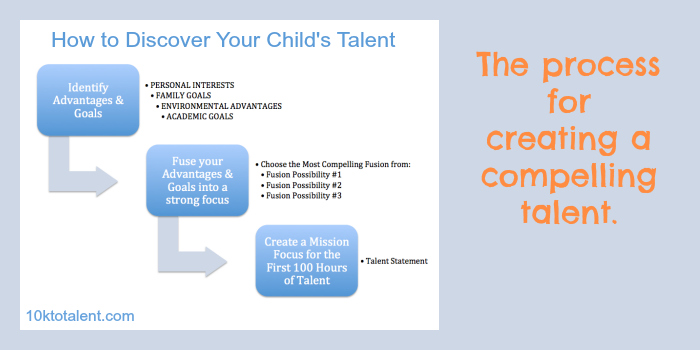Are you still using your cellphone like a bat-phone? No idea how the features on it can start making a great impact on your student’s talent? Enter Instagram.
Instagram is perfect for the son or daughter who has a talent that has a photogenic or interesting visual appeal. Instagram is a great way to connect with other talented individuals in the same field of talent.
And all you need to use Instagram is a smart-phone.
With an Android or iPhone you just download the Instagram app like you would any other application. The application is designed to use your phone’s built-in camera. Before you can use it, you create your Instagram account by creating a profile with your real name and add an easy to remember stage name to help people identify you. For example, my 15 year old’s stage name is “BladesofBelaq” and under that name, you will see his real name displayed as “Caleb Harris.”
(Fun fact: Belaq is his name spelled backward and with the letter “c” replaced by the letter “q”. Blades is included in his Instagram name because his talent focus is around the making of knives and blades.)
You can see what my son’s Instagram profile looks from any computer by clicking on this link:
http://instagram.com/bladesofbelaq
Once your account is created, you are ready to use your cell phone camera to take pictures of what you are doing or seeing. Leave the pictures just as plain as you took them or enhance them with some quick photo filters. When you like what you see, you simply tap on the phone screen and up they go over the Internet onto Instagram’s big computers. This uploading to Instagram makes it possible for anyone in the world with another Instagram account to see your pictures.
If others want to see your pictures on Instagram, they can do it in the following ways.
The first way others can find your pictures is because the Instagram users already know you from reputation. You may have been specifically recommended by other Instagram users or someone may have seen your name recommended in a blog. In such as a case, these users will go straight to Instagram and search for you by your stage name (i.e. BladesofBelaq) or your real name (Caleb Harris). Then they will click the “follow” button that’s available under your name.
By clicking the “follow” button, this tells Instagram to automatically download your photos to your follower’s cell phone for viewing. Don’t worry. Your photos don’t pop onto their cell phone screen willy-nilly. All the pictures coming down are limited in size no matter how big and detailed the original photos were when they were taken. Instagram automatically reduces the pictures to a small footprint on your cell phone screen. This size limitation makes it easy to scroll through hundreds of photos at a time without causing your cell phone to lag. It is a very breezy experience completely different to the one when you try to open picture attachments in emails.
The second way people find your pictures is because the users are searching Instagram for any pictures containing a keyword. At this point others would not be specifically looking for you. The keyword search is one of the things that makes Instagram such a different tool than Facebook.
A keyword is a word in the caption of the picture to which the the photo-taker appends the sign #. One would do this in the hopes that others would be able to come across that picture if they were to use that word in a search. So for example, someone who is coin collector may want to see all the pictures on Instagram containing the hashtag word “#silvereagle” (do not use spaces). This search will display a set of pictures of American coins known as Silver Eagles. If you had labeled your picture with the hashtag #silvereagle then that particular picture of yours will show up in a large set of pictures from all sorts of Instagram users who also used the hashtag #silvereagle. If viewers see a couple of the pictures they like and those pictures happen to be yours, they might then at that point go to your account and decide to click the “follow” button. Going forward they will automatically see all your photos without having to search for #silvereagle.
If people want to let you know they appreciated your photo, they simple click the “Like” button and you will see a counter go up as the number of enthusiastic views goes up. This gives you feedback as to which ones impacted your viewers without having to leave complicated messages. In that way the like is used similarly to Facebook. They can also leave a short text comment under the caption of your picture to which you can have short back-and-forth comments with your viewers. But the primary focus of Instagram is to gather around pictures that portray a common interest. There are no re-posts of news articles or re-posts of 3rd party memes. This is why the Instagram experience is so clutter-free.














